According to a police spokesperson on Wednesday morning, officers are on duty in the German cities of Kehl, Iffezheim, Breisach and Rheinau in Baden-Württemberg. Commuters and others travelling from Germany to France will likely be faced with waiting times of up to 90 minutes.
It is unclear how long the controls will last. “We are dependent on our colleagues in France. As long as the situation is not cleared up, we will continue to monitor,” the police spokesman said.
The attack in Strasbourg on Tuesday around 8 p.m. near a famous Christmas market in the centre of the city killed three people, according to the Interior Ministry. It has now been revealed that one of the victims was a tourist from Thailand.
French Deputy Interior Minister Laurent Nunez said a terrorist motive had not yet been determined, in an interview on Wednesday, reported Focus Online. However, that line of inquiry is being investigated.
Current information details that a further 14 people were injured, eight of them seriously. Among those who have died and been injured “to the best of our knowledge, there are no Germans,” reported the Crisis Reaction Centre of the Federal Foreign Office on Twitter.
?? Nach aktuellen Informationen hat der Angriff in #Strasbourg 3 Tote und 14 Verletzte gefordert. Darunter sind nach jetziger Kenntnis keine Deutschen. Unser Sicherheitshinweis @ https://t.co/TnvSaBz7oF pic.twitter.com/xlL7kAFvpD
— Krisenreaktionszentrum (@AA_SicherReisen) December 12, 2018
The Christmas market is closed Wednesday.
Strasbourg, the seat of the European Parliament, is situated directly on the German border. It is located across from the city of Kehl in western Baden-Württemberg along the Rhine river.
It's not only road traffic, but also public transport that's being checked. This includes the cross-border tram D, which was completely shut down during the night, but is now running again.
According to the police, the pedestrian and cyclist bridge Passerelle des Deux Rives between Kehl and Strasbourg is also being checked.
Asked on French radio whether the suspect could have fled into Germany, Strasbourg’s mayor said that “The border is in principle closed” but that is is still possible, reported FOCUS Online.
Suspect convicted in Germany
According to French media reports, the alleged perpetrator is a 29-year-old man who was born in Strasbourg.
The French Minister of the Interior, Christophe Castaner, had announced last night that the man was known to the police and had already been convicted of crimes in France and Germany. He was also known as a potential threat.
The perpetrator is presumably wounded and on the run and is being searched for by several helicopters and hundreds of police officers.
The shooting happened in the surroundings of the Christmas market, which attracts thousands of tourists from around the world every year.
SEE ALSO: What we know so far about the Stasbourg Christmas market shooting
Castaner did not describe the exact crime scene in more detail, but said the perpetrator had spread “terror” in three different places in the city.
Between 8 p.m. and 9 p.m. he had twice exchanged gunfire with soldiers on patrol, and according to media reports he was injured.
The attack that took place in the run up to Christmas has shocked the world.
“We are deeply shocked by the attack in Strasbourg and condemn this cowardly act,” wrote German foreign minister Heiko Maas on Twitter.
Wir sind tief erschüttert vom Anschlag in #Straßburg und verurteilen diese feige Tat. Unsere Gedanken sind bei den Opfern, unser Mitgefühl gilt ihren Angehörigen. Wir tun alles, um unseren französischen Freunden beizustehen.
— Heiko Maas (@HeikoMaas) December 12, 2018
“Shocked about the horrible news from Strasbourg,” wrote Steffen Seibert, the spokesman for Angela Merkel, on Twitter. “Whichever motive is behind the shooting: We mourn the dead and are with our thoughts and wishes with the injured.”
Erschüttert über die schreckliche Nachricht aus #strasbourg. Welches Motiv auch immer hinter den Schüssen steckt: Wir trauern um die Getöteten und sind mit unseren Gedanken und Wünschen bei den Verletzten. Hoffentlich gerät niemand mehr in Gefahr.
— Steffen Seibert (@RegSprecher) December 11, 2018

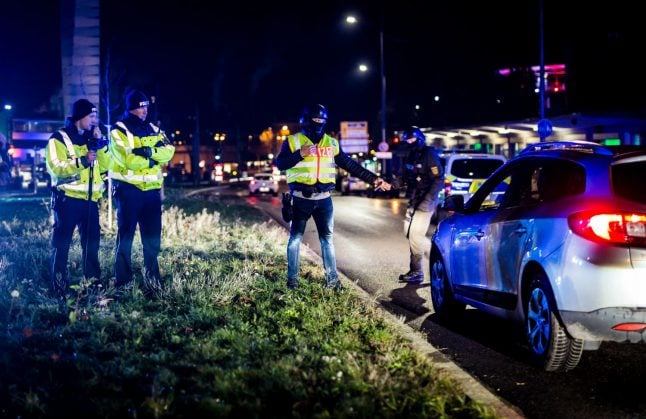
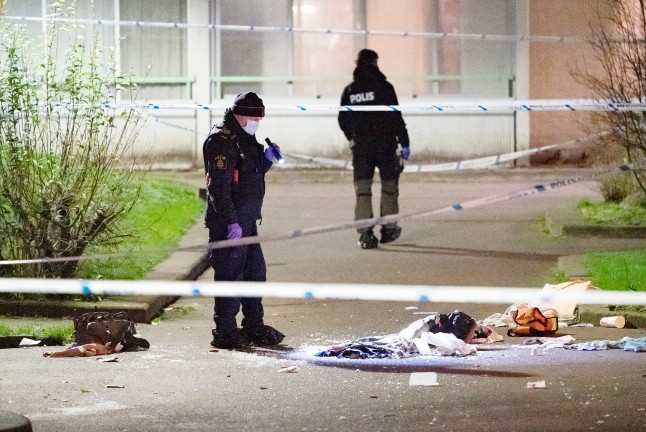
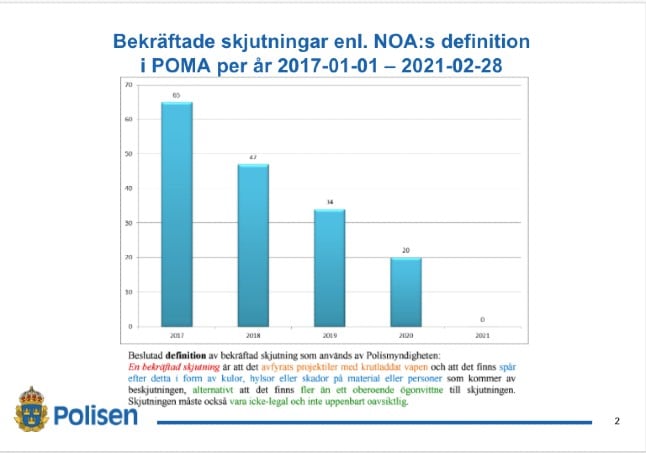
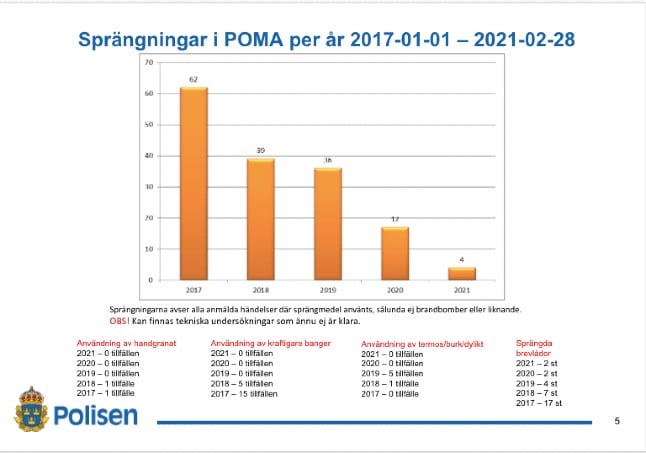
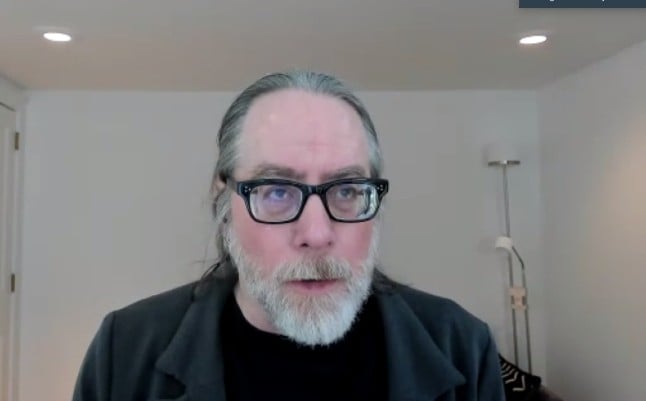
 Please whitelist us to continue reading.
Please whitelist us to continue reading.
Member comments